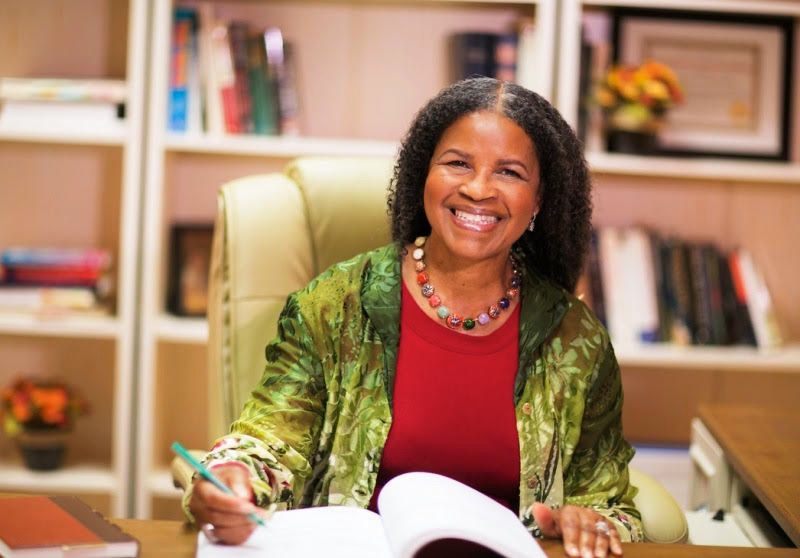
Even with school choice, some Black families find options lacking decades after Brown v. Board
At predominantly white schools, he was challenged academically but felt less included. At predominately Black schools, he felt more supported as a Black student, but his mother, Denita Dorsey, said they didn’t have the same resources and academic opportunities.















